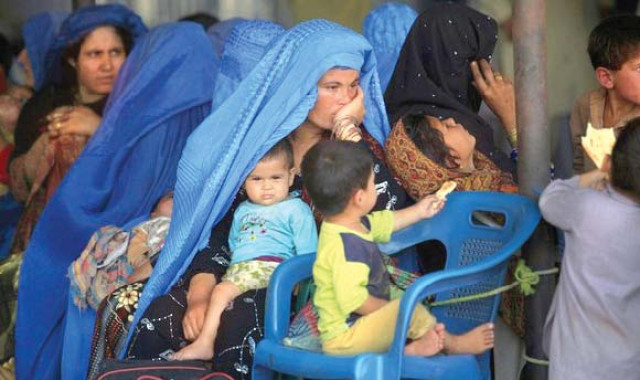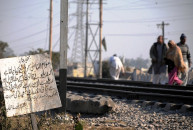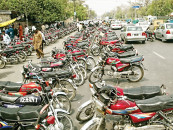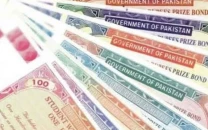Afghan refugees in Pakistan to get new registration cards
UN refugee agency launches project to issue new registration cards to 1.7 million Afghans residing in Pakistan.

Afghan refugees in Pakistan to get new registration cards
With financial support from UNHCR, the government will set up 11 centres throughout the country to process applications and start registering members of registered Afghan families.
The refugees are asked to bring their existing PoR cards to the renewal centres. Photocopies of lost or broken Proof of Registration(POR) cards will be accepted provided the applicant exists in the database.
With more than 3.6 million Afghan refugees who have returned home since 2002, the Ministry of States and Frontier Regions (SAFRON) in collaboration with UNHCR launched a nationwide project to issue new registration cards to 1.7 million registered Afghan citizens.
These cards are a part of the government’s strategy for the extension of the temporary stay for three years, alongside voluntary repatriation, of Afghan refugees in Pakistan.
The cards will be issued through more than 45 centres by the National Database Registration Authority (NADRA) starting his week until February 28, 2011.
The government has also taken the initiative to establish 17 centres to distribute birth certificates to Afghan children recognised by the government of Afghanistan.
According to a press release issued by the agency, UNHCR’s Country Representative Mengesha Kebede welcomed the Pakistan Government’s initiative to issue birth certificates to refugee children.
“Birth certificates are a primary source of identification, giving access to fundamental rights and access to services like health and education. Every child counts, so we must count every child,” Kebede said.
“The registration cards are a very important protection tool for Afghans in Pakistan, proving their legal right of stay in the country and providing protection against detention and deportation under the Foreigners Act. We very much appreciate the cooperation of the government in reissuing these cards to Afghan refugees,” Kebede continued.
Kebede said that UNHCR continued to mobilise support for the Refugee Affected and Hosting Areas Programme (RAHA) aimed at supporting Afghans and their Pakistani hosting communities alike. The project aims to improve livelihoods and local economies, restore social services and infrastructure and enhancing social cohesion within communities.
Nearly 64 per cent of registered Afghans live in Khyber-Pakhtunkhwa, 21 per cent in Balochistan, 11 per cent in Punjab and Islamabad and just 4 per cent in other areas.
Published in The Express Tribune, September 22nd, 2010.



















COMMENTS
Comments are moderated and generally will be posted if they are on-topic and not abusive.
For more information, please see our Comments FAQ